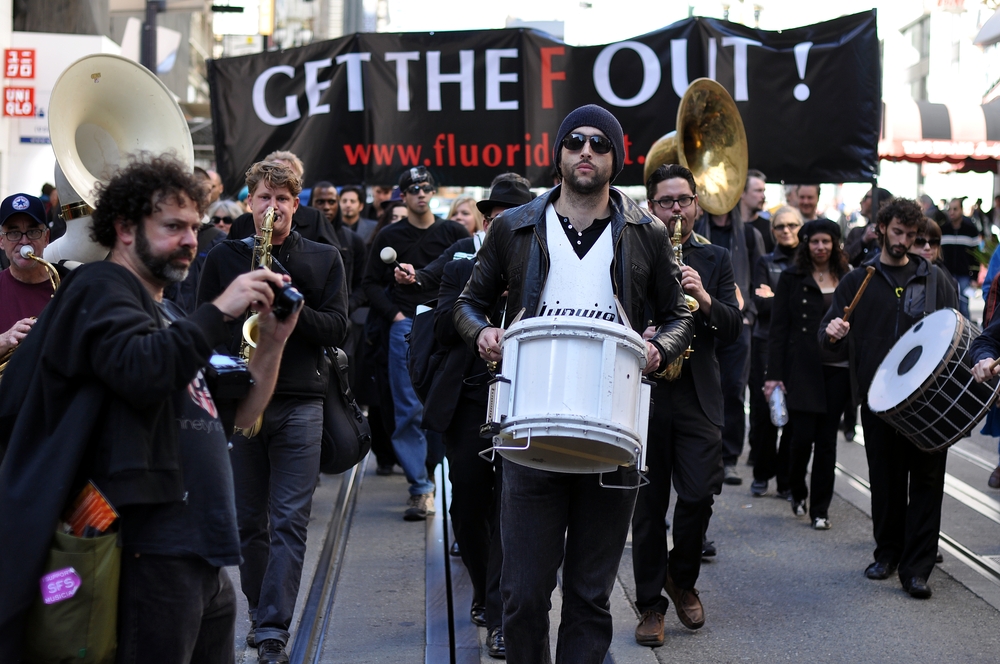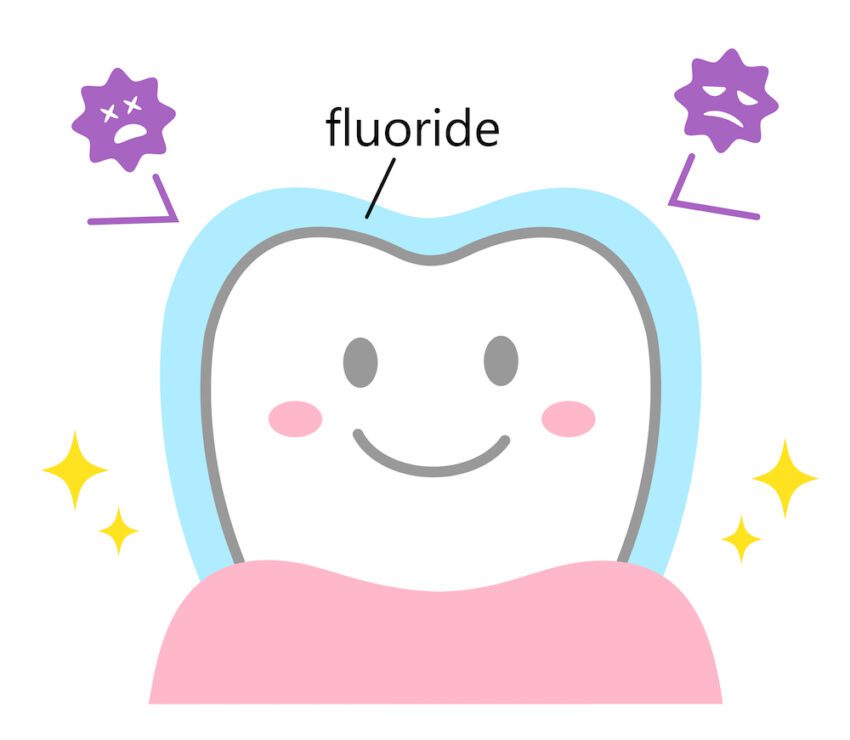
The fluoride wars rage on
Nature is one of the world’s most prestigious and widely-read scientific journals. It can be difficult to slog through research papers, so they also publish an interesting supplement called Nature Outlook. The articles are more in-depth, written in plain English, and are free to everyone. They do a great job of summarizing complicated and contentious issues.
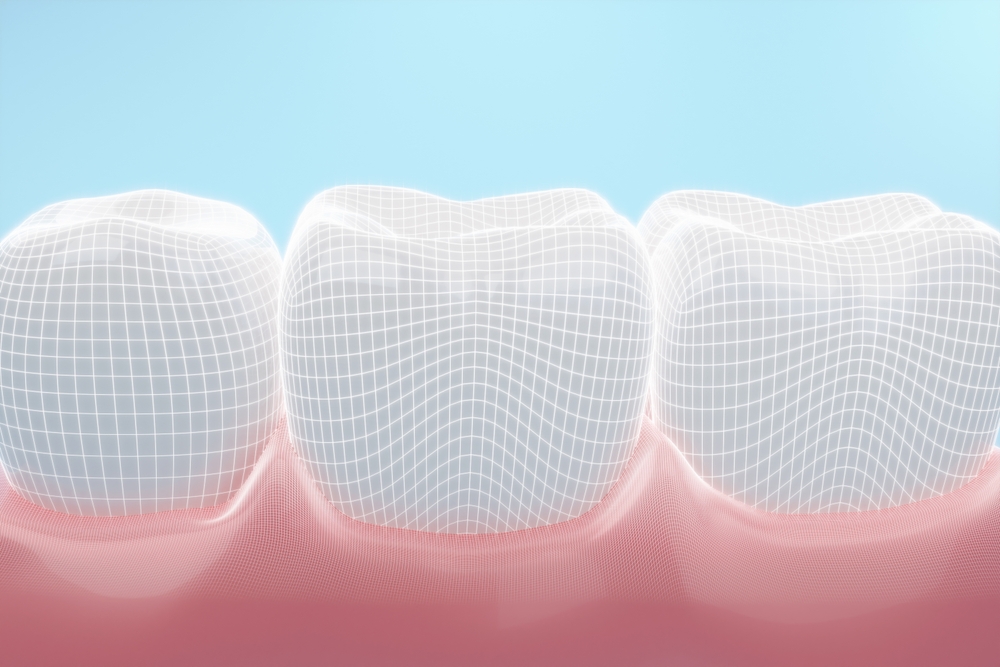
If you’re like most people, you probably assumed that science had settled the debate over community water fluoridation decades ago. Turns out that it’s not only still a hot topic, but research is accelerating. The public debate is as contentious as it has always been, with two deeply entrenched factions. Each side says science is firmly on their side and everyone else is grossly mistaken.
An article in Nature Outlook last year summarises the current state of the science. It is appropriately called The fluoride wars rage on, and I encourage you to read it. I’ll quote some highlights in case you are too busy flossing to read the whole thing.
One study after another, from the 1940s through to the 1970s, has pointed to fluoride as an important factor in preventing tooth decay, also known as caries. The mineral has become part of public-health lore, and has been hailed by the US Centers for Disease Control and Prevention as one of the ten greatest public-health achievements of the twentieth century. Most people who live in areas with fluoridated water on tap take the benefits for granted and view with suspicion those who question the supplementation.
[…] research over the past 50 years has sown a seed of doubt. Rates of tooth decay in some high-income countries with no fluoridation have declined at a pace similar to that seen in fluoridated US communities. And an increasing number of studies are indicating that fluoride — which occurs naturally in soil and therefore also in groundwater — might be a developmental neurotoxin, even at the level that the US Public Health Service has declared optimal for fluoridation.
[…] Philippe Grandjean, a physician and environmental medicine researcher at the University of Southern Denmark in Odense, put together a benchmark-dose study on fluoride to document concentrations at which fluoride begins to have detectable adverse effects on IQ. According to the report, published in June, that level is 0.2 milligrams per litre. That’s less than one-third of the recommended level for US water supplementation and one-twentieth of the US maximum allowable level […]
It is difficult to ignore the importance of equity in these arguments. On the one hand, dentists think that fluoridated water most benefits those who lack access to dental services, oral-health education, or a steady supply of fluoridated toothpaste — the very people who are most susceptible to poor oral health and who experience the greatest financial hardship when dental problems strike. On the other hand, toxicologists worry about any impact of fluoridated water on IQ, especially in populations that are already vulnerable because of exposure to high rates of air pollution and elevated poverty rates, for example. And even if such populations are aware of the potential risks of fluoridation, they are least likely to be able to afford bottled water to use when formula-feeding infants, for instance.
[…]
The other thing they need is more data. “There hasn’t been a single US study of fluoridation, prenatal exposure and natal development,” Hu says. He and his collaborators are starting one now, using data from past studies, and they aim to have answers in the next two years.
The flouride wars rage on—Nature Outlook—27 October 2021
Commentary
Turns out the issue is more complex than either faction knew or wants to admit. Science isn’t delivering a slam dunk here. With issues like vaccines or climate change, the science is close to unanimous agreement. People who reject vaccines or climate change can’t rely on science to back them up.
But you can find science to support any position you take on water fluoridation, especially if you are selective. And this continues to be an area of very active research, with new research being published every month. The charts below indicate the number of research papers published each year on the subject of water fluoridation.


More papers were published in 2021 than in the first 30 years of research!
The decision to fluoridate water would be a lot easier if it were practical to avoid it for at-risk groups or for those who feel covered by their dental regimen and don’t want the risk. Unfortunately, fluoride is easy to add to water but difficult, expensive, and wasteful to remove.
While poor countries often can’t afford to fluoridate their water, the rich countries have a choice in the matter. People on both sides of the debate would be surprised to see which countries artificially fluoridate their water and which don’t.
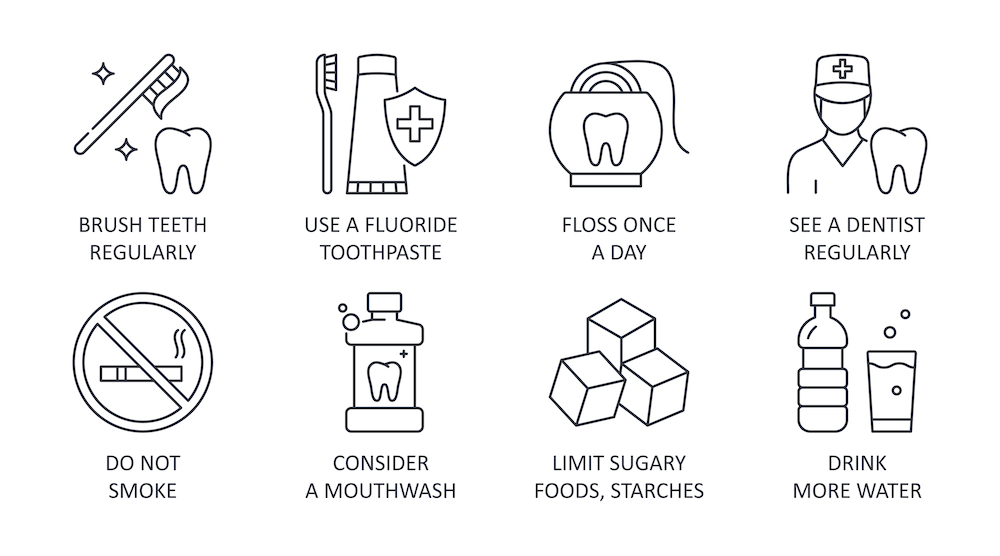
An unintentional experiment
New Zealand is one of eleven countries where at least half the population drinks fluoridated water. Due to a series of fumbles, water fluoridation in Wellington was stopped in May 2021 and is still turned off. This was only made public recently. An investigation revealed:
Since July 2016, on average, fluoridation has been administered effectively just 20 per cent of the time at Te Mārua and Gear Island treatment plants.
Wellington’s water has been inadequately fluoridated for six years, review finds—New Zealand Herald—7 July 2022
Setting aside the craziness of the story for a moment, here’s a population that had a long period of fluoridation followed by another long period with no fluoridation. The public was unaware and the government was at least partially in the dark. This is probably the closest you could get to a double-blind, placebo-controlled study without being unethical. Those that oppose fluoride have long argued that the lack of such a high-quality study means that claims about safety and efficacy are invalid.
This may be a rare opportunity to study the decay prevention abilities of fluoride and its known neurotoxic effects. Being unaware of the fluoride situation means that people are likely to have made lifestyle changes that would affect their dental health.
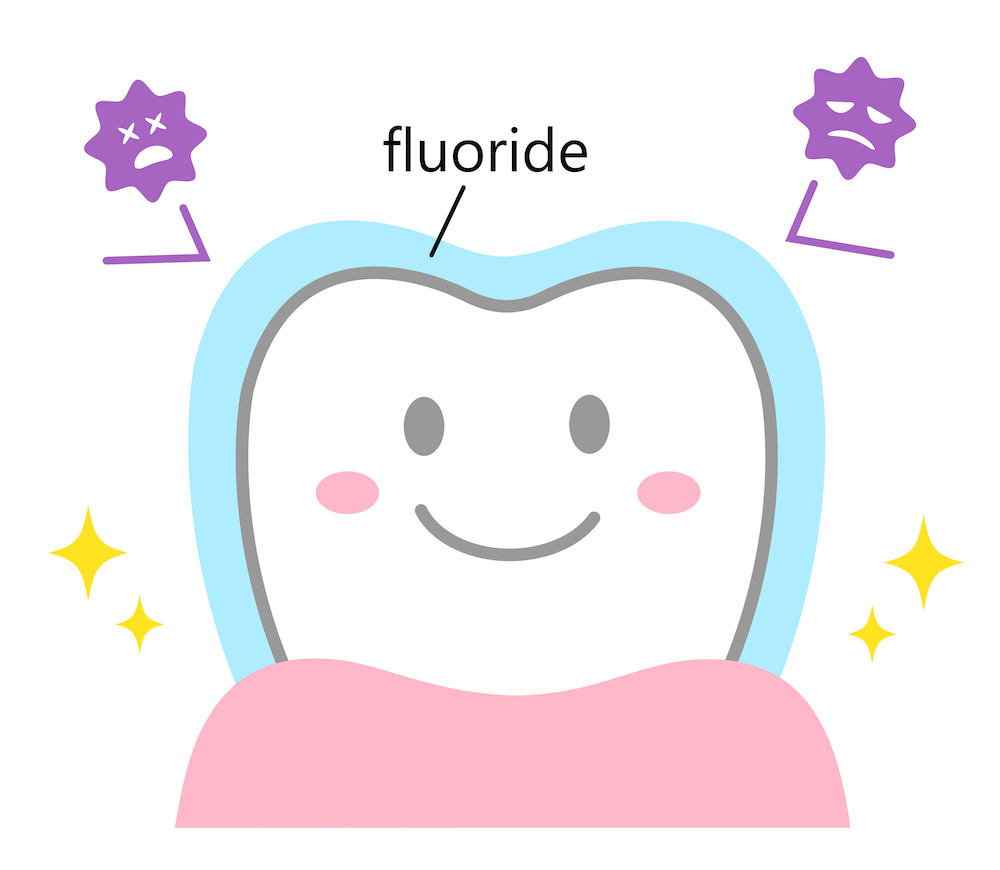
Conclusion
This article in Nature Outlook shows that each side in the fluoride debate has some science to back them up. It is doubtful that a worldwide consensus will be reached as each country has many variables at play.
Personally, I think fluoride should only be added to water if it’s not possible to
Hopefully, you learned something new about water fluoridation. Pretty exciting, eh? It’s an issue that deserves to have a more productive debate than we currently have. I’ll close with a couple of quotes on either side of the issue. Note how each is selectively using science to support their claims and ignoring the rest.
Water fluoridation is safe, effective and healthy. Seventy years of research, thousands of studies and the experience of more than 210 million Americans tell us that water fluoridation is effective in preventing cavities and is safe for children and adults.
Fluoridation FAQs—American Dental Association
If water fluoridation has a benefit, it is a minimal one. Recent large-scale studies from the United States have found little practical or statistical difference in tooth decay rates among children living in fluoridated versus non-fluoridated areas. In addition, data complied by the World Health Organization (WHO) shows that tooth decay rates have declined just as rapidly in non-fluoridated western countries as they have in fluoridated western countries.
[Note: Supporting data is hand-picked from wealthy Western countries, many of whom have a socialised healthcare system].
Does fluoridated water reduce tooth decay?—Flouride Action Network
